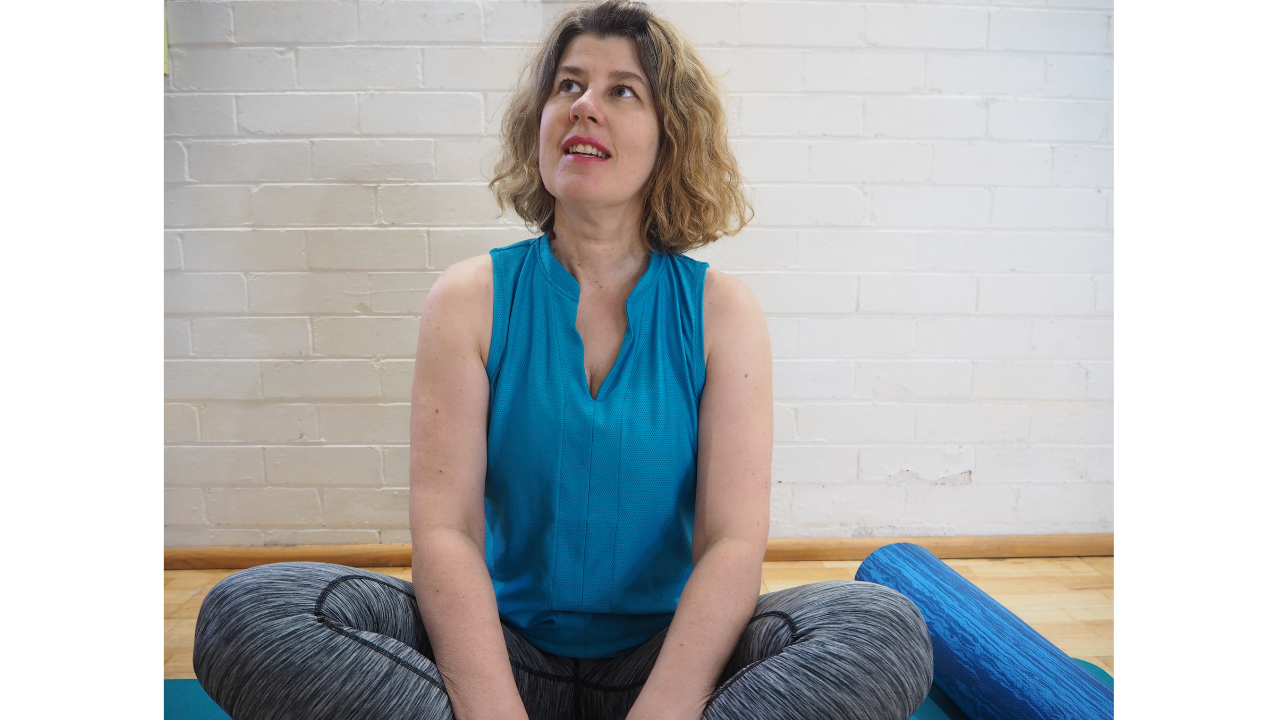Hope Molecules: Why Movement Is So Good For Your Mental Health
Apr 06, 2025
Do you love that fantastic post-workout feeling? Whether you have been on a walk, a run, or completed a satisfying dance class or Pilates session, at the end, you will feel calmer more energised, and ready to take on the world! Sometimes, we are reluctant to get moving, but once we do, we know we won't regret it and will feel fabulous for the next few hours.
Movement or exercise has the power to heal the mind and body in many ways. Joseph Pilates knew this instinctively when he created his method of movement, and now there is research to suggest exactly how this happens. One of the ways is when skeletal muscle is contracted during physical activity and there is a release of myokines or "hope molecules". These tiny proteins have been shown to have positive effects on our bodies and also our brains by improving mood, memory, and learning and helping to make us more resilient to stress.
What Happens When You Don’t Move?
“Physical inactivity has been calculated to be the most significant risk factor in cognitive decline and the development of dementia”
― Keep Sharp and Build a Better Brain at Any Age
When we stop moving, our body starts working against us. Without regular movement:
Muscles weaken – Lack of movement causes muscle loss, making everyday activities feel harder.
Joint stiffness increases – Synovial fluid, which lubricates our joints, relies on movement. Without it, stiffness and discomfort set in.
Inflammation builds up – Movement helps clear out inflammatory chemicals. Without it, chronic inflammation can lead to pain and disease.
Circulation slows down – Reduced blood flow means less oxygen and nutrients reach tissues, slowing healing and increasing fatigue.
Stress levels rise – Without movement, the body releases fewer "hope molecules," leading to higher stress, anxiety, and mood imbalances.
The good news? Even gentle movement—like Pilates—can reverse these effects and restore balance to your body.
Hope Molecules & Stress Resilience
Beyond physical healing, myokines help build resilience to stress by regulating your nervous system and reducing the harmful effects of chronic stress. Scientists have identified over 600 types of myokines, and the exact number is unknown and still being researched. How do they protect you against stress?
They lower cortisol levels – Chronic stress keeps your body in a high-alert state, leading to tension, fatigue, and pain. Myokines counteract cortisol, helping you feel calmer and more in control.
They protect your brain from stress damage. One key myokine, brain-derived neurotrophic factor (BDNF), supports brain plasticity, meaning your brain can adapt better to stress. It also helps reduce anxiety and depression.
They fight inflammation caused by stress – Chronic stress triggers inflammation, which can worsen pain and mental health. Myokines like irisin and interleukin-6 (IL-6) help reduce inflammation and keep your immune system strong.
They regulate your nervous system – Pilates and other mindful movement practices activate your parasympathetic nervous system, shifting your body into “rest and digest” mode instead of staying in fight-or-flight mode.
Scientific studies confirm it – Research in Nature Metabolism (2023) and Molecular Psychiatry (2021) has shown that "hope molecules" released during movement can reduce anxiety, improve mood, and protect against stress-induced memory loss.
How Pilates Helps You Heal
The best part? You don’t need to push yourself through intense workouts to benefit from movement. Gentle, intentional movement—like Pilates—can help trigger all of these healing effects! If you are in pain, it's comforting to know that even small, focused movements (like those in Pilates) stimulate myokine production without putting excessive strain on your joints. The conscious breathing pattern in Pilates enhances circulation, helps release tension, and supports nervous system regulation.
If you’re struggling with chronic pain or stress, movement is medicine with my unique online Pilates studio. You don’t need to push through discomfort or exhaustion. Start where you are, with what you can do, and celebrate every step forward. I'll be there to guide you and help you along the way. Your muscles are always ready to help you heal, and with every session, you’re giving your body the HOPE it needs—along with many other healing benefits. If you are ready to overcome your chronic pain, email me at [email protected]. Alternatively, you can start 1 on 1 virtual Pilates sessions with me by signing up HERE and we can schedule an appointment time. If you want to work independently, join my online Pilates program of on-demand videos, which I specifically designed to help you heal from pain or injury and boost your brain health. It would be my pleasure to assist you on your Pilates journey to a healthy mind and body!

